
Don’t Close The Door To Salvation -Tzemach Tzedek
When the chassid heard his Rebbe's words, he felt as if the ground had been pulled out from under his feet and that he had suddenly been cast out...

This meeting with his Rebbe was the chassid's last chance to save his beloved son and now – despite his frantic pleas for a life-saving blessing – he was being forced to leave the Rebbe's presence empty handed.
What was the cause of the chassid's distress?
That year the Russian army was unusually hungry for new troops to fill its depleted ranks. Although in normal times the chassid's son would have been excused from serving in the Russian army because he was his parents only child, the chassid knew that he could not rely on this exemption. The recruiting officers were signing up just about any young man they could lay their hands on, and since the chassid's son was reasonably healthy, there was no reason for the distraught family to expect that he would escape the army's clutches.
A few weeks before the young man was scheduled to appear before the recruitment board, the chassid sadly climbed into his wagon and set off to see his Rebbe, Reb Menachem Mendel of Lubavitch, who is known as the Tzemach Tzedek.
At times he could barely see the road ahead of him, because his eyes were so filled with tears. However, when he forced himself to turn his thoughts turned to the Rebbe, he received new strength.
"He will give me a blessing," the chassid reassured himself, "and it will be well with my son."
When the chassid arrived in Lubavitch, he went straight to the Tzemach Tzedek's home. He presented his kvittel – the little note that had his request written on it – and then he waited silently for the expected blessing. The moments ticked by for what seemed to be an eternity, and it took great courage on the part of the chassid to raise his bowed head and gaze into the Rebbe's eyes.
All during that time the Tzemach Tzedek had been studying the chassid closely. When the eyes of the two men met, the Rebbe slowly shook his head and said softly, "I cannot help you."
The Rebbe softly repeated his words once more and then he signaled that the interview was over.
Somehow the chassid made his way back to the Rebbe's antechamber and sat himself down in a chair. The room seemed to reel about him, so great was his despair. However, after a while he began to recover and when his mind cleared he recalled that all was not yet lost. He was a friend of Reb Shmuel, the Rebbe's son, and perhaps Reb Shmuel could accomplish what he had not.
Reb Shmuel was distressed to hear of his friend's troubles and he agreed to set out at once for his father's home. However, he fared no better than the chassid.
"I cannot help him," the Tzemach Tzedek told his son.
The chassid returned home with a broken heart and told his family what had occurred. As each day passed, his home became more deeply shrouded in gloom. When there were only two more days until the young man was scheduled to appear before the recruiting officers, the chassid made one last desperate plea for help. He hired a special messenger to take a letter to Reb Shmuel.
"Please, I beg of you," the chassid wrote with a trembling hand, "ask your father for a blessing for my son. Only two days remain until his fate is sealed."
Immediately upon receiving the letter, Reb Shmuel went to his father's study and once more pleaded on behalf of his friend.
"Why do you torment me?" the Tzemach Tzedek asked his son. "I cannot help him."
Reb Shmuel was about to leave, when the Rebbe stopped him.
"Bring me a Midrash Tanchuma (a book of homiletical teachings on the Torah)," the Rebbe said.
Reb Shmuel did as he was told. The Tzemach Tzedek opened the book to the commentary on the Torah portion Mishpatim and began to read:
"HaKodesh Baruch Hu, the Holy One, Blessed Be He, says: 'The pauper's soul was famished with starvation and you gave him support and revived him. I promise you that I shall reimburse you with a soul for a soul. The day will come when your son or daughter will succumb to sickness or approach death's door, and I will remember the deed you performed. I shall repay a soul for a soul.'"
The Tzemach Tzedek slowly closed the book. When he motioned for Reb Shmuel to return the book to its place, Reb Shmuel knew that the meeting was now over. With a heavy heart, he returned home.
A week later, Reb Shmuel received a second letter from his friend and to his astonishment the letter was filled with glad tidings. The chassid's son had reported to the conscription office as instructed – and he had been rejected by the examining officers.
Reb Shmuel told his father the good news and the Tzemach Tzedek was elated. Being curious to know what had brought about this reversal of fortune, Reb Shmuel took advantage of the first opportunity that arose to travel to the chassid's town, and once there he pressed the chassid to tell him all the details.
The chassid protested that he didn't have the faintest idea as to why he had been worthy of such great mercy from Above.
"Then go ask your wife," Reb Shmuel persisted. "There must be a reason why your son has been saved."
The chassid's wife was also unable to shed light on the matter, but Reb Shmuel refused to return to Lubavitch without discovering the source of the family's salvation.
"Think back over everything you did that day, from morning until night," he said to the chassid and his wife.
The two did as Reb Shmuel requested and then the wife suddenly remembered an incident that had occurred just after her son left for the recruiting office.
"A pauper came to our door begging for food," she told Reb Shmuel. "You can imagine what kind of state I was in at that moment and I told the pauper to leave. However, when I tried to close the door, he pushed it back open.
"'I'm starving. I'm practically at death's door. I won't leave your house until you feed me,' the poor man told me.
"Seeing how he was so insistent," the chassid's wife continued, "I went to the kitchen to see if there was a morsel of bread I could give him. On the table I saw the breakfast I had prepared for my husband, which was still laying there untouched since who had the heart to eat at such a terrible time. I invited the pauper in and he was very grateful for the meal."
Reb Shmuel immediately thought back to that meeting with his father when the Tzemach Tzedek had read from the Midrash Tanchuma and he began to smile.
"That explains everything," he told the couple. "When you opened the door to that pauper, you saved his life. And God repaid you for that act of kindness soul for soul."
***
Libi Astaire is the author of Choose Light! Chassidic Tales for Chanukah, Rosh Hashanah, Sukkos, Passover & Shavuos; Breakfast with Rav Zusha and Other Stories to Wake Up Your Soul; and the award-winning Jewish Regency Mystery Series. Visit her website for more information about these and other books.



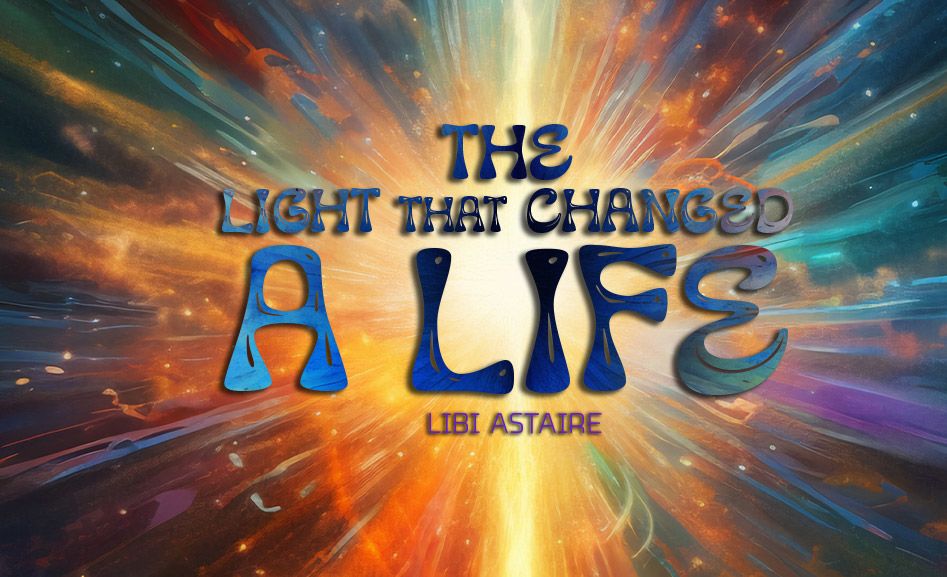
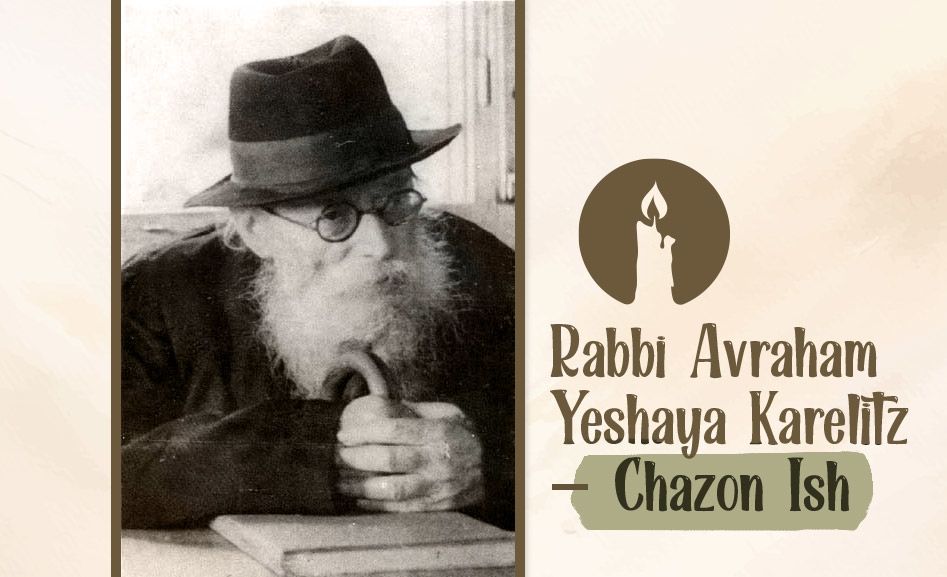

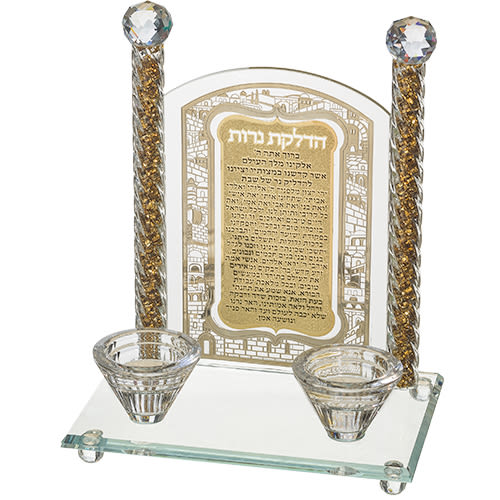
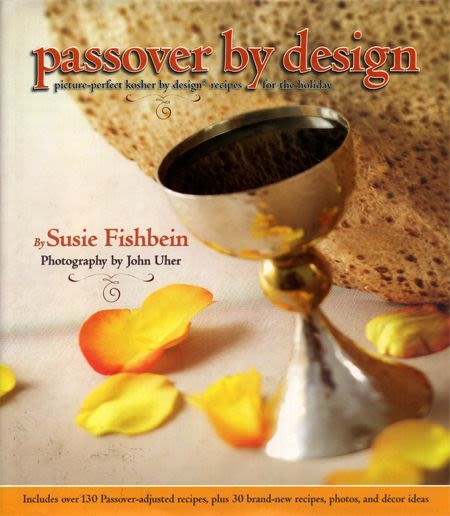

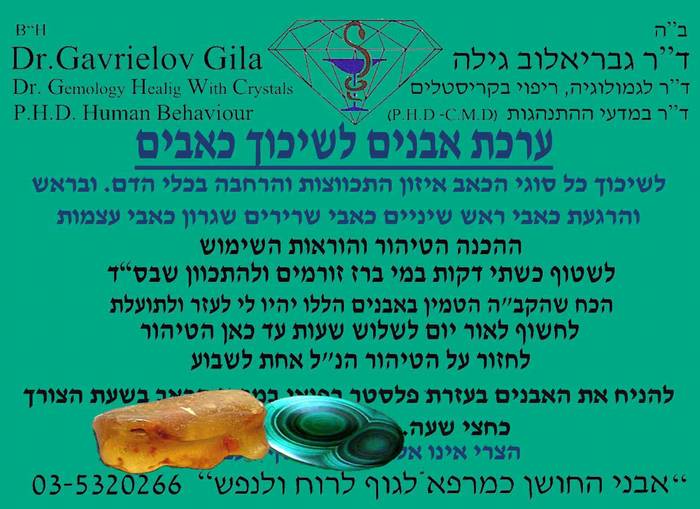
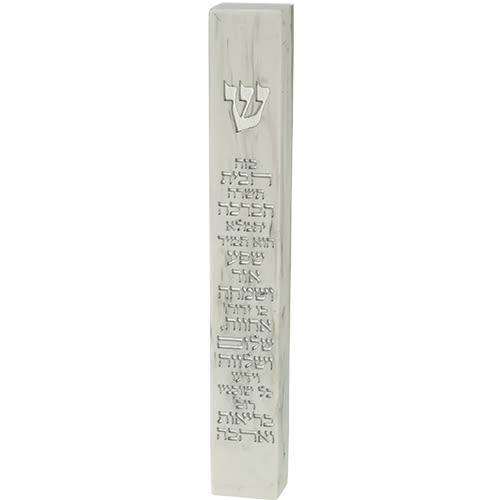
Tell us what you think!
Thank you for your comment!
It will be published after approval by the Editor.